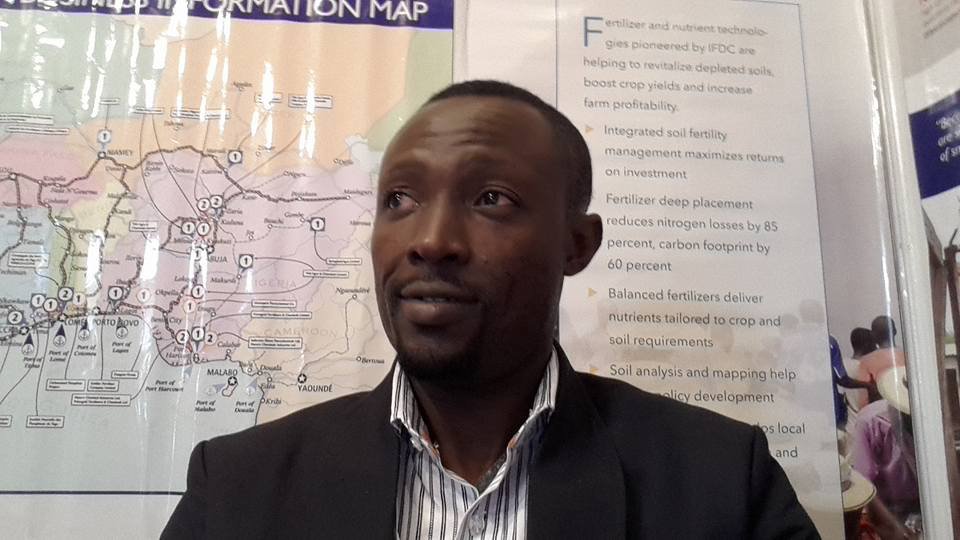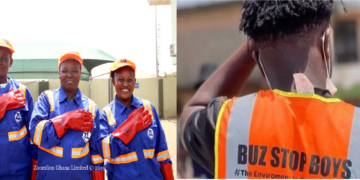

The rapidly increasing numbers of Ghana’s COVID-19 cases in the last couple of weeks has led to several calls for a total lockdown of the entire country to help contain the rapid spread of the virus. This is understandable because Ghana seem to be confirming cases more rapidly than any other country in West Africa. As at Tuesday, Ghana had recorded a total of 636 cases in ten of its 16 regions.
As scary as this trend may seem, we should not lose sight of the fact that the rapid increase in the number of confirmed cases is also due to the vigorous contact tracing and enhanced testing Ghana is doing and that surely is one good thing we must be happy about in the midst of the fears. The more cases we are able to identify and isolate from the populace, the better for us.
On the issue of total lockdown of the country for more effective containment of the pandemic, some of us are of a divergent opinion. I may not be an expert in the situation at hand but I think that some of these recommendations are too raw and do not seem to adequately consider the far-reaching consequences for the people of this country during the lockdown period and beyond COVID-19.
How long will the proposed lockdown be for? Will it include farmers, cognizant of the fact that the cropping season that will ensure we have food for the latter part of the year and early next year is just starting? Have we considered how such a lockdown will affect food trade, movement and availability across the country in the weeks and months to come? How well have we been able to address the critical socio-economic issues that have emerged during the current partial lockdown to think that all will be well with a total lockdown nationwide?

Again, are we really able, as decision makers who naturally are better off economically, to feel what the people at the bottom rung of the socio-economic ladder go through on daily basis? What pragmatic and effective mechanisms do we have in place to make sure people in this category can get their daily food and other basic needs during the total lockdown period without the thronging we have seen at food distribution locations recently, and which has made the social distancing advice totally of no effect? Can we do some thinking outside the box and fashion out Ghana-suited solutions in our efforts to contain the problem than the copy-and-paste recommendations?
Without wanting to go more into the negative sides and the crisis the nation can run into in the attempt to implement an unduly long lockdown, below are options we can consider:

- Making quality and professionally-certified face masks affordable, if not free of charge, easily accessible everywhere and making it compulsory for everyone to wear them once you ‘have to’ step out of your house. This certainly will go a long way to reduce the spread through the air. While the mask will limit the chances of infected persons pushing the virus out into the air, it will also limit the chances of uninfected persons inhaling the viruses that may already be active in the air (double gain)
- Ensuring strict compliance with social distancing in all places where two or more people come close to each other including offices, banking halls, shops and selling points for food items and other essential commodities.
- Intensifying public education on hand washing, use of alcohol-based sanitizers (for sanitizing hands door knobs and handles, etc.), avoiding any form of physical body contacts and practicing of safe coughing and sneezing manners. Emphasis should be placed on why this should be taken seriously by all. Such a campaign must reach everyone in every corner of the country through the adoption of multiple information dissemination pathways. This will help reduce the chances of contracting the virus from surfaces
- Ensuring organizations strictly comply with directives on social distancing and sanitizing mechanisms (at entrances and key contact points inside offices and operational areas).
- Regulating and ensuring that alcohol-based disinfecting products are readily available, affordable and accessible to all
Around the late 90s and early 2000, the HIV-AIDS pandemic swept through most parts of the world, especially, Africa with a similar whirlwind of terror and panic killing millions of people in the process. It is still with us today without the same fear and panic because we stopped talking about eradication and laid the emphasis on management and self-protection. Since we couldn’t convince people to abstain from sex, the campaign was switched to condom use. Our current situation with COVID-19 is not too different from the HIV-AIDS pandemic.

I honestly believe that, when we consider and implement this mix of recommended practices firmly in addition to continuous contact tracing and enhanced testing, they will help a great deal in navigating our way through and coping with this menace without grinding our socio-economic life to a complete halt in the times ahead. We may have to brace ourselves that this problem may also be with us for some time and that is the reason we must start thinking of and talking about coping mechanisms.
And, while at it, let us remember that more people have died and are still dying from other diseases during the same period that COVID-19 has killed eight people in the country. I pray we do not push ourselves that to point where difficulties and hardships brought on by our COVID-19 containment decisions will push people to start developing an ‘all-die-be-die’ syndrome. This is the reason for making these humble alternative suggestions to the call for total nationwide lockdown.
Opinion Piece by: Solomon Agyemang Duah
The writer is a social commentator, Football Enthusiast and a Communications Specialist.
Email: mailpaasolo@gmail.com














